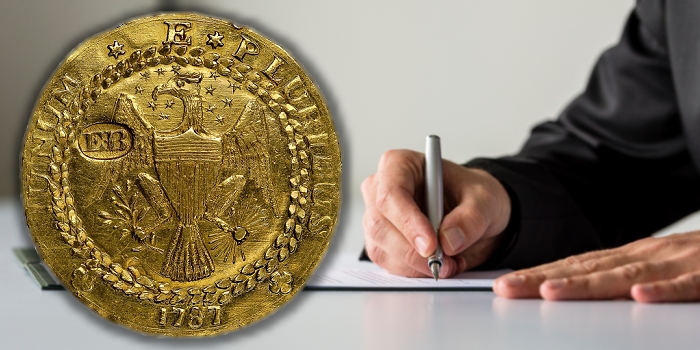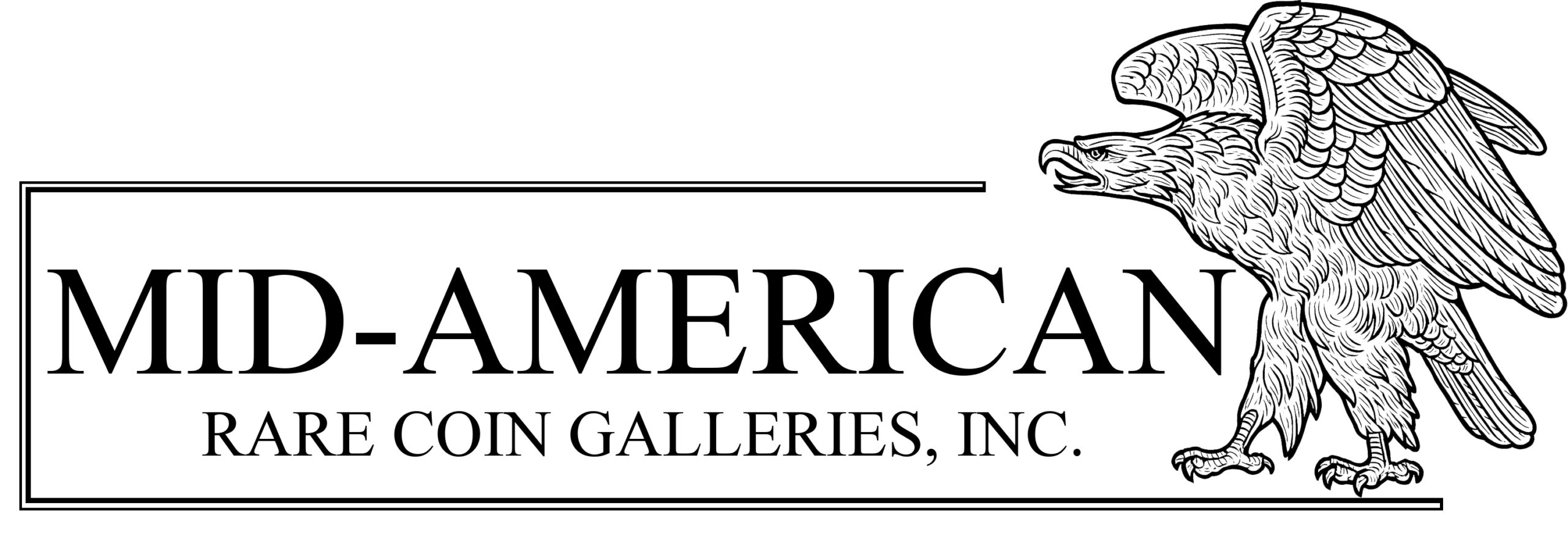In my last article, I discussed strategies to be a successful consignor in rare coin auctions. Auctions have become a much larger share in the rare coin market in recent years, but they are not the only way to sell coins. For generations, rare coin dealers from the United States and around the world have bought and sold an untold number of coins.
There are several reasons many choose this route as opposed to selling in an auction. Some collectors also choose to deal with fellow collectors they have developed relationships with over the years. Whichever route a dealer or collector chooses to sell their rare coins, the following advice may be useful.
The Guaranteed Price
One of the greatest benefits of a private sale for rare coins or currency is the certainty of the price you will receive. Selling your numismatic material at auction can be quite successful but is not guaranteed. Many do not have the stomach to consign material unreserved and have no interest in repurchasing the coins that do not meet reserves.
Selling by private treaty gives the seller a chance to determine by negotiation the final amount received. It also helps to avoid breaking a set of coins and ending up with just a few of the coins that did not meet reserves. Many collectors also like to sell coins in phases and not all at once, which might be the recommended course of action if selling at auction (to receive the lowest commission rate). I have known many collectors over the years who enjoy selling a coin now and then just to have a better understanding of the market.
Many serious rare coin collectors have worked with a rare coin dealer to assemble their collection. This is highly advisable for many, as the decades of experience that some dealers have is invaluable. The same advice can be used when deciding to sell your coins. A reputable dealer will help you sell your coins for the most money. This might mean placing some coins with another serious collector, selling off quality coins wholesale, and maybe even advising on what coins should be consigned to auction. Every collection is different and expert advice is well worth the commission a dealer might charge.

Instant Cash Flow
Another major benefit to selling your coins privately is instant cash flow. Selling rare coins at auction can take months, and for many, the reason for selling in the first place is the need for cash. Auction houses will give cash advances, but most charge interest and a set-up fee. Also, the market for your rare coins could change while they are waiting to be sold.
Many collectors and dealers have not seen a down market for many years. I have been buying and selling coins for over 40 years, and I promise, markets do not always go straight up. This can be especially important to consider as the market for top-end coins has soared recently.
Seek a Coin Specialist
As mentioned last month, not all coins are ideal for selling at auction. A trusted advisor can help you cull your collection before it is consigned to an auction. Coins with less-than-ideal market appeal can be sold wholesale.
Very common coins, such as generic gold coins, silver dollars, and Proof sets, trade almost like commodities. They can be sold for a much smaller commission rate than most auctions houses would charge. There are dealers around the country who specialize in these areas and will make close buy-sell spreads. Again, with bullion prices fluctuating, selling by private treaty will help to avoid an unpleasant swing in the market.
Another reason to use the services of a rare coin specialist is that many markets for rare coins and currency can be rather thin. This applies to everything from ultra-high-grade coins to tokens and medals. A dealer might know just the right customer for your coin or currency. If there is only one serious buyer in the country for a particular issue, they will face little competition if the item was consigned to auction.
Plus, many buyers get very excited when they have an exclusive opportunity to purchase something. I have literally seen fistfights break out on the bourse floor over the first shot at something. This excitement can be used to a seller’s advantage if played correctly. Again, expert advice is necessary! Some collections require specialized marketing and advice on certification. There are more ways to market material now than ever before.
Some dealers have become experts in using social media and they leverage their web presence to promote rare coin sales. Collectors may also seek the skills of someone who can give an expert opinion on regrading an example.
Also, many dealers have preferred submission rates that they may be willing to pass along if they have the opportunity to purchase the collection. I personally saved one client tens of thousands of dollars in grading fees on a large hoard of Morgan silver dollar bags.
A few Final Tips
The rare coin auction business is very competitive and so is the rare coin market in general. If you have rare coins to sell, there are hundreds of rare coins dealers willing to buy your merchandise. Every coin and currency publication has ads from companies trying to buy material.
Fresh merchandise is the lifeblood for any numismatic professional. Most dealers are very willing to make offers for coins or collections. If you have not worked with a dealer exclusively in the past, it will pay to get multiple offers for your material.
First, try to find dealers who specialize in the area that you collect. Another great idea is to offer a single coin to different dealers and find out their level of interest. You will be able to figure out quickly who you like working with and who pays the most money. This will also save the time and hassle of having someone spend considerable energy on a collection they do not buy.
When looking for a dealer to work with, you should make sure they are a member of the ANA (American Numismatic Association) or PNG (Professional Numismatists Guild). These organizations have ethics rules and will mediate any claims or complaints that a collector may have. PNG dealers are bound to binding arbitration, which is very rare among numismatic organizations.
You can also search for dealers in your area on the NGC website, NGCcoin.com. These dealers can be very helpful when deciding what to submit for grading. Once a coin has been certified, you can perform your own due diligence by checking auction records and price guides. This will give you a head start when you reach out to fellow collectors or dealers to sell your collection.
If you have a collection to sell in the near future, hopefully, the information provided in my last two articles will help you with this important decision.
